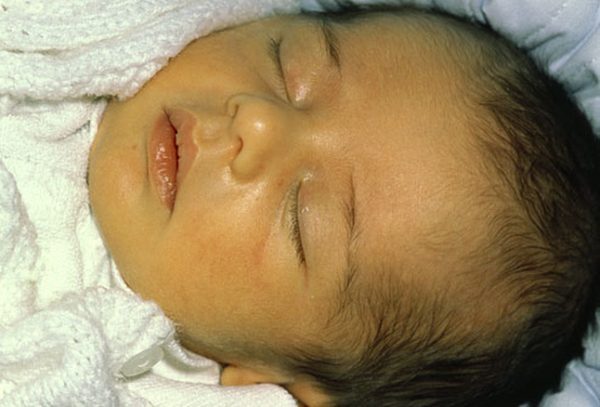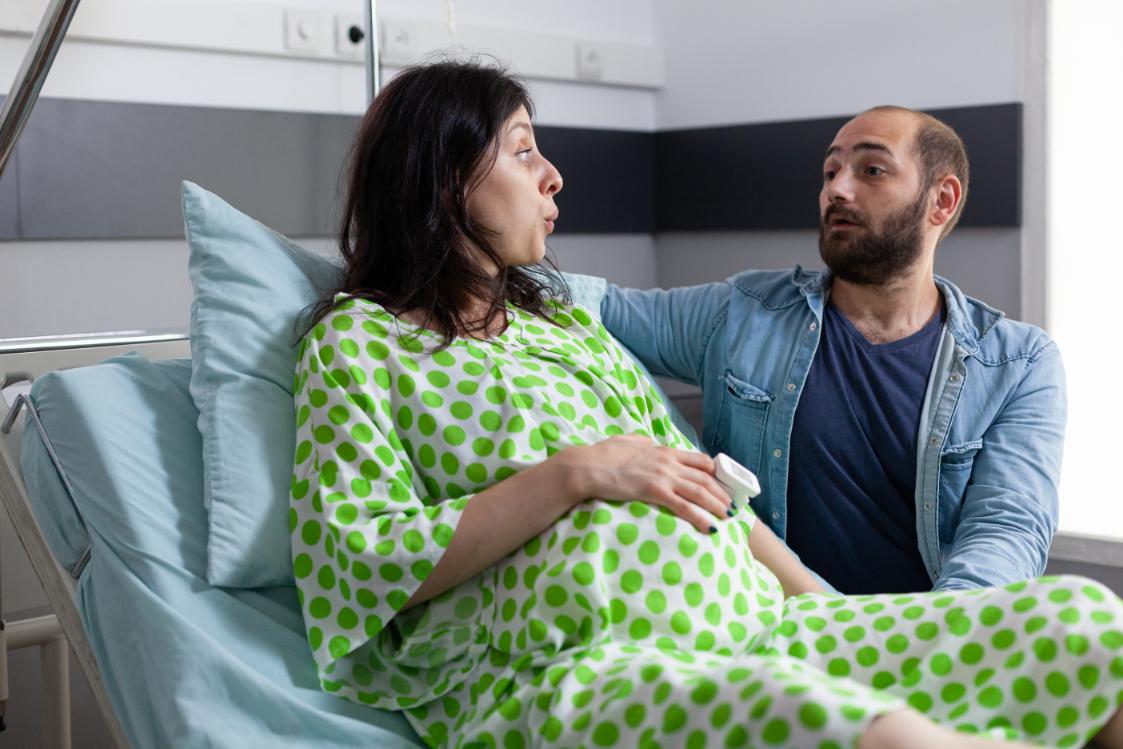
Most women all over the world have experienced discomfort in their private areas, particularly the vagina, on numerous occasions. Even when this condition is quite common, it will be ideal to seek the help from any of the best gynaecologist in Trivandrum if the pain persists for more than two days.
There are numerous causes of vaginal infection, including medication, contraception, sexual activity, dehydration, and so on. The situation needs to be taken into consideration when there is foul-smelling discharge from the vagina and there is a difference in texture between the current discharge and normal, healthy discharge.
What are the reasons that can upset the vaginal ecosystem?
The normal causes or reasons that change the pattern of vaginal functioning can be many. They are:
- Douching
- Cleaning the vagina with any other liquid.
- Intercourse
- Antibiotics
- Pregnancy
- Breastfeeding etc.
Common types of vaginal infections:
Yeast Infection
This is one of the most common vaginal infections seen in women of all ages. A yeast infection occurs when a fungus overgrows inside the vagina. This fungus is called candida. Candida is commonly present in every body part, including the vagina, but it is usually found in smaller amounts. The issue becomes severe when there is an overgrowth of the fungus, which results in a vaginal infection. Some of the internal and external factors that can contribute to the overgrowth of the fungus are pregnancy, birth control pills, menstruation, and chronically high blood sugar levels. People who have lower immunity because of HIV are also likely to be susceptible to yeast infections in the vagina.
The normal symptoms that show you might be suffering from a yeast infection are thick, white discharge from the vagina and extreme itchiness and reddening of the vulva. Over-the-counter medications are not always effective, so it is best to consult a gynaecologist instead of going for self-prescribed medication.
Bacterial infections
Bacterial infections, or bacterial vaginosis, are another type of vaginal infection that affects many women. Lactobacilli, a type of bacteria, coexists with Candida in the vagina. Bacterial vaginosis can occur when the lactobacilli count is extremely low. The lower levels of this bacteria can aid in the growth of other infection-causing bacteria in the vagina. It causes inflammation in the vagina. The most common symptoms of bacterial vaginosis are a burning sensation when passing urine, a fishy odour for discharge, greyish discharge, pain during intercourse, and so on. Women who have intrauterine devices implanted in them are at higher risk of contracting a bacterial infection, or bacterial vaginosis.
Trichomoniasis
This is an infection that is an STI, or sexually transmitted infection. This infection happens due to the transmission of a parasite called Trichomonas vaginalis. The disease has a higher chance of coming through if you have sexual intercourse without condoms and if you have multiple partners for intercourse. The symptom that might indicate that you have trichomoniasis is an unpleasant odour from the vagina and a foamy, yellowish-green discharge from the vagina.
Viral Infections
Viral vaginal infections are caused by type 2 HSV(HSV-2). The viral infections are herpes, HPV, and genital warts. It can be transmitted through sexual intercourse or even when you come into skin-to-skin contact with a person who has this condition.
Genital Herpes: The symptoms that a person may have herpes is when they have blisters or ulcers in their genital areas, burning pain while urinating, swelling of lymph nodes, swelling of vulva etc.
Genital Warts: When there are clusters of warts near the genital area, the warts bleed, and there is so much discomfort that it interferes with daily life, this is a symptom of genital warts.
Treatment for vaginal infections
There is no comprehensive treatment for vaginal infections.
Treatment for yeast infections
Antifungal treatments are preferred for yeast infections. The antifungal medicines can either be taken orally or given as a cream for external application. Pregnant women should seek the advice of a doctor before taking over-the-counter medicines.
Treatment for bacterial vaginosis
For bacterial vaginosis, a doctor will typically recommend metronidazole or clindamycin. The doctor will probably recommend a second round of antibiotics or treat the condition for a longer period of time if a patient develops recurrent bacterial vaginosis.
Treatment for Trichomoniasis
Antibiotic treatment is the best recommended by doctors for trichomoniasis.
Treatment for Herpes
The appearance of the herpes simplex virus goes away after 19 days, but this doesn’t mean that herpes is no longer infectious. There is no cure for herpes; the only way that it can be managed is through prolonged antiviral therapy, which can help manage the symptoms.
Treatment for Genital Warts
There is currently no cure for genital warts. The infection leaves the body after two years. The visible warts can be removed through tropical or surgical options.
Vaginal infections are quite common, and other than cases of viral infections, there’s normally nothing to be worried about. Consulting your doctor and taking the right course of medicine can clear up the discomfort.
KJK Hospital has been striving to provide the best infertility treatment in Kerala and other reproductive services to its patients since its inception 21 years ago. The KJK Hospital has a great array of gynaecologists who are trained and experienced to help with any kinds of gynaecology-related problems. You are ensured the best care and support for all your needs at KJK Hospital.
Feel free to contact us for appointments and queries.
Phone Numbers: 0471-2544080, 2544706
Email: kjkqueries@gmail.com
Subscribe to KJK Hospital YouTube Channel for more informative videos on women’s health






